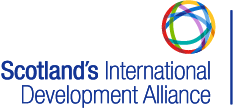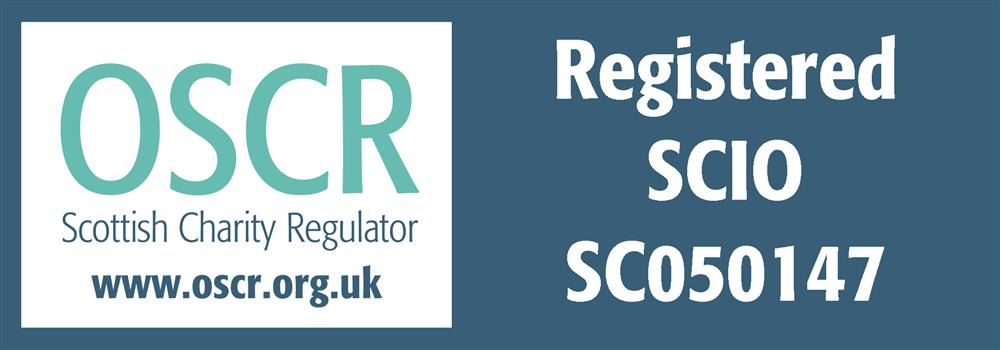Last month Michael Calder, Signpost’s Programmes and Learning Officer, travelled to Uganda to meet with Signpost partners to discuss their research.
In November 2018 Signpost were awarded a grant from The National Lottery Community Fund (TNCLF) to undertake research in the North Eastern districts of Napak and Kapelebyong about how we can make our livelihoods programmes more disability inclusive.
I (Michael) travelled out to Uganda to meet our partners VAD to discuss the findings from this research and to finalise the research report. The research objectives were to identify the person with disability (PWD) populace in the target area, understand their existing income-generation strategies, barriers they experience in terms of realising sustainable livelihood strategies; and, what enabling factors required to improve their livelihood opportunities.
The findings of this research will directly feed into a proposal we will submit to TNLCF for a three-year disability-inclusive livelihood programme in Napak and Kapelebyong. We are still in the planning phase with the communities at the moment and look forward to sharing more information with you in the future.
PWD in Uganda often experience extreme forms of marginalisation due to a variety of factors. Whilst Signpost has worked with PWDs in previous programmes, it has not been in a concerted manner with a clear strategy. This period of research has enabled Signpost to become more aware of the adaptations we can make to existing programmes to ensure the benefits can be shared with PWDs in our attempt to ensure that ‘no-one is left behind.’ We will work to ensure that disability-mainstreaming becomes a core feature of our work throughout all of our programmes internationally.
Whilst in Uganda, I had an opportunity to check in with some of our other programmes. We have a British and Foreign Schools Society (BFSS) funded programme in Amuria district (in the North East of Uganda) which has constructed VIP (ventilated improved pit) latrines at two primary schools in Amuria and Agwara-Kuju in addition to handwashing tanks. This programme has also focused on menstrual hygiene management as this was highlighted as a key issue that was preventing girl children from progressing with their education.
We trained up the school’s respective School Management Committee (SMC) and Parent/Teacher Associations (PTA) to be able to manufacture low-cost and reusable sanitary kits. These kits have been distributed to 678 girls in both primary schools. Furthermore, we have trained the SMCs and PTAs in business management and enterprise skills. They have now started manufacturing and selling these kits to members of the community providing the schools with an income-generating opportunity which will enable the ongoing maintenance of the sanitation facilities.
I also visited our CHILD (Community Holistic Integrated Learning and Development – i.e. the child sponsorship project) in Wakiso district in central Uganda. We have been working in various communities in this district for nine years now and the impact has been heart-warming to see. We have worked to train self-help groups to develop savings habit and livelihood strategies to help lift them and their families out of poverty. One of the success stories I was introduced to was one group who have now developed their own catering enterprise. As a group they saved up enough money to buy a tent, some plastic chairs and some pans. They now rent these out to different community functions in the area and the enterprise is growing.
We also rehabilitated three bore holes in the district as the community, last year, had indicated that this was a pressing need in the community. For example, in Luwano village, people were forced to drink from ponds and swamps. Others had to buy water in which placed great pressure on household incomes. Now they have access to safe and clean water.
A lot was packed into my two-week visit but the stories I heard and the plans we have in place for the future are very exciting. Of course, none of this would be possible without the very generous donations from our supporters. For that, we are very thankful, and we look forward to sharing more stories in future about the impact of our work.



